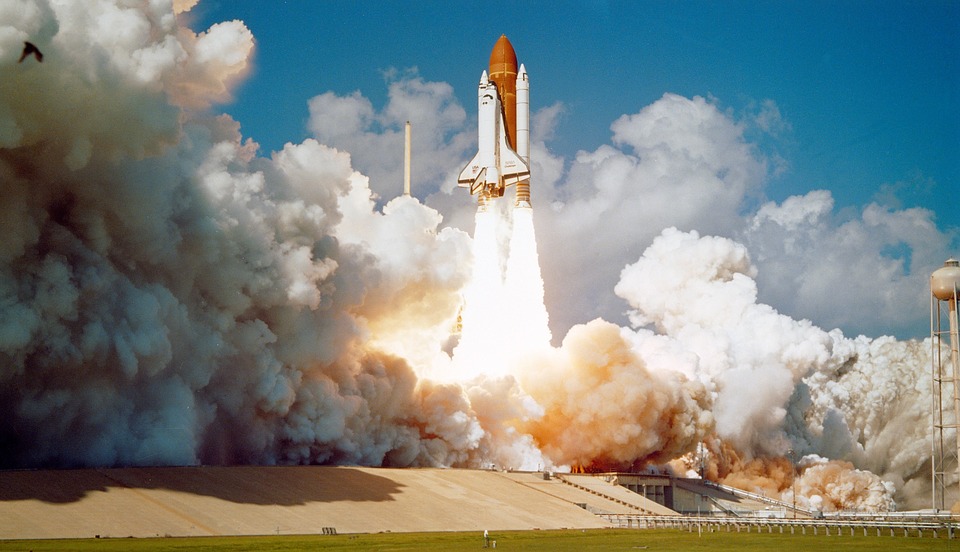The Canadian Space Agency (CSA) is looking for “a computerized medical condition knowledge base and mission-planning support tool.” The Agency selected a team of scientists from Université Laval’s Faculty of Medicine and experts from Thales Research and Technology (TRT) to create such a device.
This tool, according to a press release, will guide the “CSA on technology needs to improve astronauts’ medical autonomy in preparation for future missions to Mars.”
Communications between Earth and a spacecraft on the way to Mars can have a delay as long as 22 minutes, due to the distance for the radio signal to travel. It is critical that the team onboard the ship be equipped with a decision support system to rely on to help with diagnosing, treating and managing emergency medical conditions separately from the medical party on Earth. This new tool will help to determine the specifications for such a system.
The project collaborator Dr. Neal Pollock, who is a professor at the Faculty of Medicine at Université Laval, and a researcher in hyperbaric medicine at the Hôtel-Dieu de Lévis hospital, CISSS Chaudière-Appalaches, said that the first stage of the project involves creating a prioritized list of medical emergencies. He explained that this is created by taking into account “factors such as the probability of occurrence, the importance of rapid management, the potential impact on the continuation of the mission and the level of contagion.”
Medical conditions totalling over 100 have been assessed, including heart attack, septic shock, pulmonary embolism, detachment of the retina, and perforation of an eye. “We’ve also included pathologies that have a higher probability of occurring in space, such as kidney stones and vision deficits caused by increased intracranial pressure,” described Dr. Patrick Archambault, professor at the Faculty of Medicine at Université Laval and emergency physician at Hôtel-Dieu de Lévis Hospital, CISSS Chaudière-Appalaches.
Dr. Caroline Rhéaume, professor at the Faculty of Medicine at Université Laval and family physician at GMF-U Quatre-Bourgeois, CIUSSS de la Capitale-Nationale added that particular attention must be paid to the equipment, skills and knowledge constraints necessary for medical autonomy in space exploration missions.
By using MYRIAD, an advanced multi-criteria decision support tool, Martin Rivest, Director of Thales TRT explained that they will be able to provide Université Laval and their partners a manageable way to prioritize medical conditions for medical autonomy in space exploration missions.
In the next few months, researchers will work on evaluating, organizing and prioritizing evidence-based knowledge to allow a crew to independently treat medical emergencies in space. The project is expected to be completed by April of next year.

